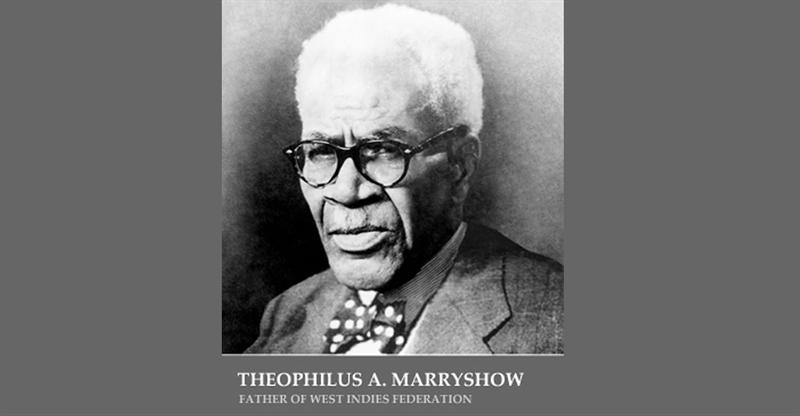Grenada's Theophilus Albert Marryshow had a vision of a united Caribbean, which is still being pursued today.
 Grenada celebrated 42 years of independence earlier this week.
Grenada celebrated 42 years of independence earlier this week.
The island’s independence was granted on Feb. 7, 1974, under the leadership of Eric Gairy, who became Grenada’s first Prime Minister.
In a show of solidarity, the OECS Commission hosted a flag raising ceremony on Feb. 8 to commemorate the OECS member state’s independence anniversary.
Program Officer in the Trade Policy Unit of the OECS Commission and Grenadian National, Nicole Garraway, remarked on the resilience and strength of Grenadians.
“History tells the story of a people who fought for what they believed in; a people ravaged by disaster but most importantly, a people characterised by their resilience and belief in God, which allowed them to rise from the ashes on many an occasion," she said.
Director General of the OECS, Dr. Didicus Jules, made note of the Grenada’s proud history as a member of the OECS.
“In these past 42 years, the road travelled has been one of self determination; it has been a journey of hope fuelled by much sacrifice. Throughout it all the Grenadian people have demonstrated courage and resilience. On this anniversary we extend best wishes to the Government and people of Grenada. Grenada has the distinction of having given to the Caribbean the man proclaimed as the father of the West Indies Federation, Theophilus Albert Marryshow, whose dream of a united Caribbean is still being pursued but yet to be attained."
Grenada was among the original signatories of the Treaty Of Bassetterre, along with Antigua and Barbuda, Dominica, Montserrat, Saint Kitts and Nevis, Saint Lucia, and Saint Vincent and the Grenadines.
The Treaty, signed on June 18, 1981, established the Organization of the Eastern Caribbean States.
The theme for this year’s Grenadian independence is “striving towards our destiny with faith and courage as one people.”